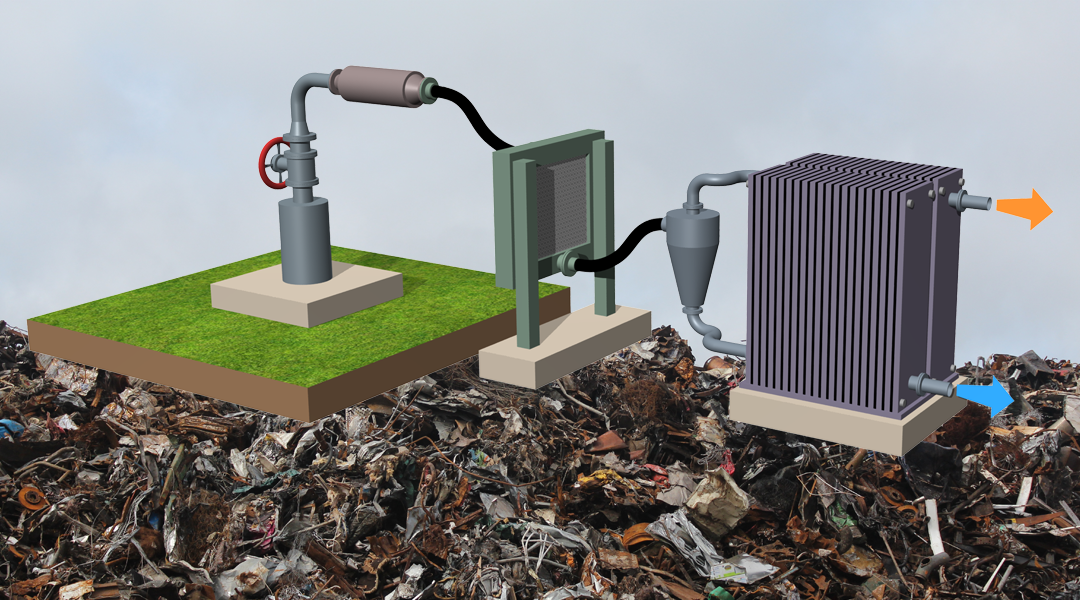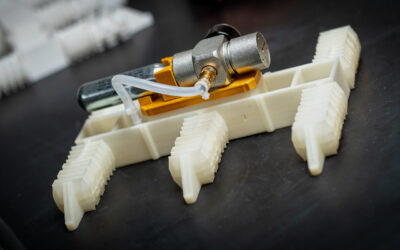City garbage dumps, sewage plants, animal feeding operations, and stranded natural gas are all potential sources of carbon for producing renewable fuels and chemicals.
According to the article, “Modularized production of fuels and other value-added products from distributed, wasted, or stranded feedstocks” published in WIREs Energy and Environment, summing those sources of waste carbon could displace about 10 percent of the petroleum imported by the US, while simultaneously consuming wastes that are now economically or environmentally burdensome.
However, the sources are geographically dispersed, heterogeneous, and of low economic value and therefore, challenging to consolidate. Capturing and converting such sources economically requires a new approach different from the centralized refineries envisaged for producing biofuels. The article discusses whether modular facilities that are numbered up, not scaled up, would be more suitable to address the size and distributed nature of the feedstocks.
The article summarizes a workshop involving representatives from five US national laboratories, three universities, and several small companies with sponsorship from the US Department of Energy and the Bioeconomy Institute of Iowa State University. It reviews the characteristics of the possible range of feedstocks and describes the traditional approaches for converting them. It then roadmaps a pathway to devising and deploying modular facilities for their conversion. Its analysis of manufacturing learning and risk reduction that come from replicating small modules suggests 15–20% savings over large traditional (stick-built) plants in capital costs for processing the feed stream into fuel or higher valued, chemical products.
The review concludes that an enterprise based on distributed modules would be cheaper than one based on scaling up when the throughput of the enterprise is less than the equivalent of about 13,000 barrels of oil per day (i.e., about 1600 tons per day). However, the article notes that the modular technology will require research on the design of the reactors, catalysts, separations, and controls and their manufacture to realize robust distributable facilities. In particular, the article suggests that coupling hydrothermal liquefaction with subsequent, electrochemical upgrading of the products could offer the required feedstock generality, process flexibility and environmental sustainability.
Kindly contributed by Bob Weber.

















